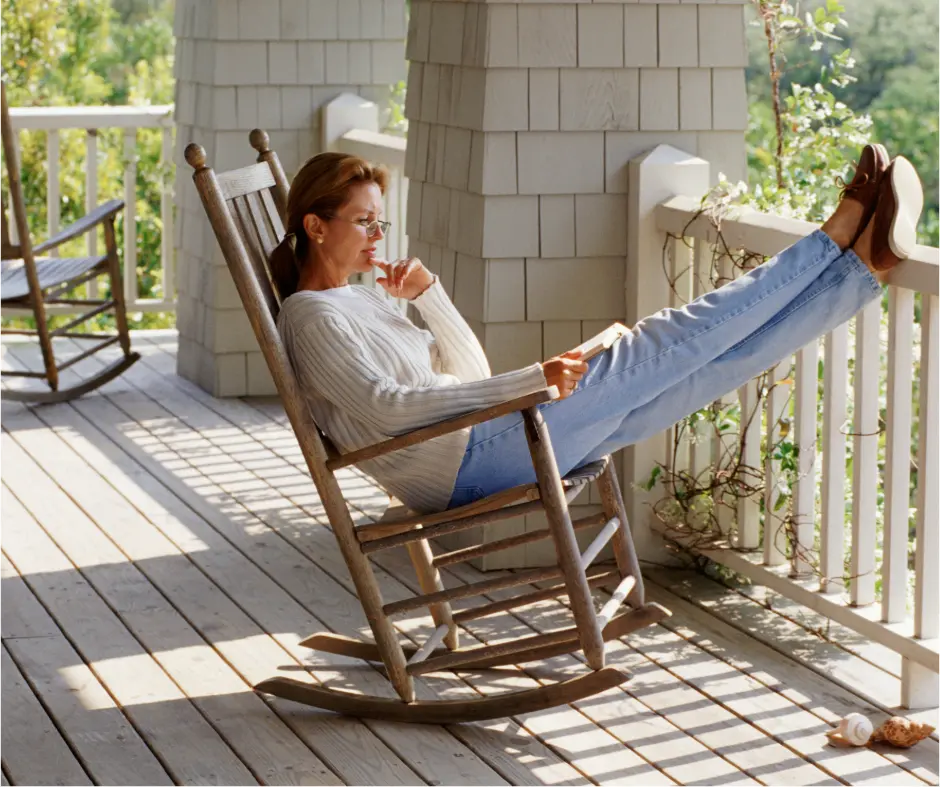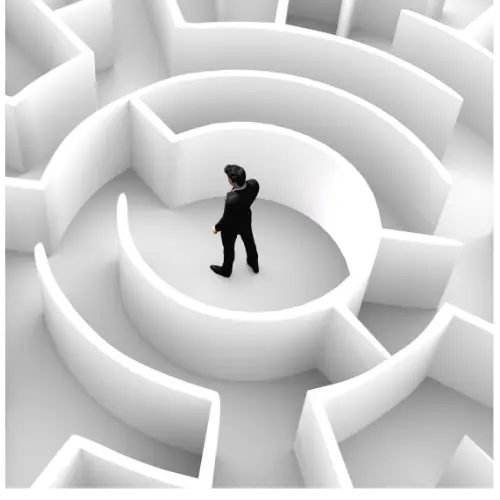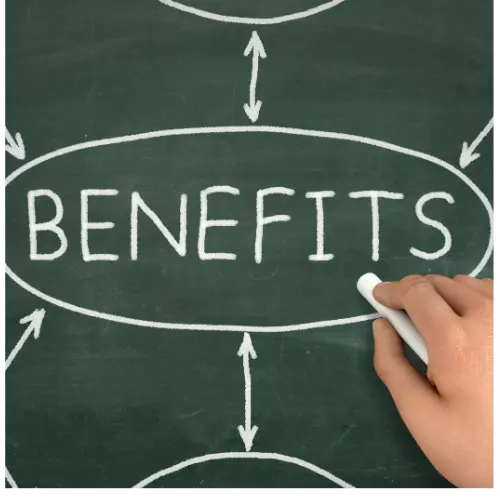They always ask how the veteran is doing.
Rarely does anyone ask about you.
That’s something I hear from caregivers all the time—spouses, adult children, siblings—who are doing everything they can to help a loved one live with dignity, peace, and comfort… but slowly losing pieces of themselves in the process.
That slow drain is real. And if no one names it, it just keeps happening.
You might not even notice at first:
- You’re not sleeping as well
- You’re avoiding your own doctor appointments
- You’re snapping more than usual
- You’ve stopped checking in with friends
- You’re tired… and not just physically
That’s called burnout.
And if you’re there—you’re not alone.
I’ve spoken with caregivers who hit that wall hard—and then slowly, carefully, worked their way back. Not by abandoning their responsibilities, but by recognizing they were people first, caregivers second.
They found little things that helped:
- Calling the VA Caregiver Support Line
- Connecting with other caregivers who get it
- Asking for respite care—and using it
- Taking one morning a week for themselves
- Journaling the hard days—not to vent, but to process
Issue #3 of FTV|BTV Magazine—Survivors, Dependents, and Caregivers—is coming this Summer, and it includes a full spotlight on this topic: the emotional load and the programs that support you.
You’re still you.
And even though your world may revolve around someone else right now—you’re allowed to center yourself, too.
Caregiving isn’t the end of your story.
It’s just one chapter.
And you deserve to come through it whole.




